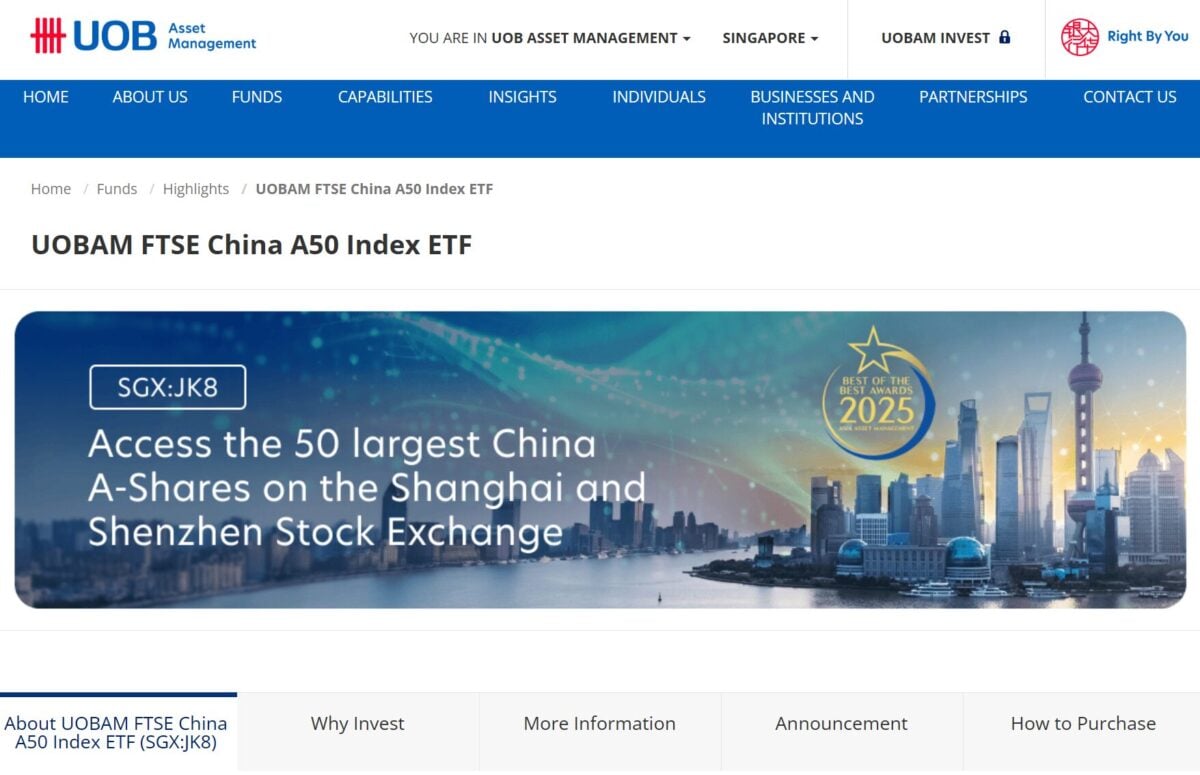
US President Donald Trump made good on his threats of worldwide trade tariffs, imposing new tariffs last week on almost all US trading partners, including Singapore. Despite a Free Trade Agreement and running a trade deficit with the US, Singapore is still subject to the baseline 10% tariff.
In a ministerial statement in Parliament regarding the US tariffs, PM Wong said he was “very disappointed”, “especially considering the deep and long-standing friendship between our two countries.
The speech in Parliament laid out Singapore’s response to the tariffs on an international, regional and domestic level.
#1 Singapore Will Not Impose Retaliatory Tariffs On The US
The tariffs are expected to impact Singapore’s businesses in the immediate future. However, according to PM Wong, the “deeper worry” is the “wider implications for the global trading system and the world economy”.
Singapore is not planning to impose retaliatory tariffs on the US, but PM Wong warned that other countries may, which could lead to a full-blown global trade war.
“This will spell trouble for all nations,” he said. “Smaller countries like Singapore will face greater pressures, because small countries have limited bargaining power in one-on-one bilateral negotiations.”
The prime minister said that we had to be “realistic” and acknowledge that we’re entering a “new phase of global affairs”. “Once trade barriers go up, they tend to stay up,” he said. “Rolling them back is much harder.”
Read Also: What Does The Easing Of Singapore’s Monetary Policy Mean For The Singapore Dollar?
#2 Singapore Can Expect Growth To Be “Significantly Impacted”
Earlier this year, the Ministry of Trade and Industry (MTI) announced that they were maintaining GDP projections of 1% to 3% growth in 2025. With the anticipated weaker global growth due to the US tariffs, PM Wong expects MTI to reassess the growth forecast and revise it downwards.
PM Wong did not rule out the possibility of a recession in 2025 either. With external demand for our goods and services expected to fall, especially in sectors that have “higher export exposure to the US”. PM Wong mentioned manufacturing, especially in electronics and semiconductor, as well as biomedical sciences, wholesale trade and transportation. Financial services and insurance sectors will also expect to be affected by global uncertainty.
“Slower growth will mean fewer job opportunities and smaller wage increases for workers,” PM Wong warned, adding that some companies may choose to relocate their operations back to the US, which could lead to retrenchments.
#3 Singapore Will Set Up A National Taskforce To Support Businesses And Workers
Ahead of the tariffs implementation this week, a taskforce led by Deputy Prime Minister Gan Kim Yong will be formed to address the immediate economic uncertainties. The taskforce will include representatives from Singapore’s economic agencies, the Singapore Business Federation (SBF), the Singapore National Employers Federation (SNEF) and the National Trades Union Congress (NTUC).
The goals of the taskforce include communication and information sharing, shared DPM Gan. Representatives from the private sector would help by providing insights into challenges faced at the ground level while the labour unions were included because jobs were expected to be affected in the medium to long term, in anticipation of major economic restructuring.
#4 No Additional Support Measures At This Time
In the short term, the measures announced in the Budget this year in February remains sufficient. PM Wong reiterated that a “comprehensive package” comprising CDC vouchers, SG60 vouchers and U-Save rebates had already been announced. Furthermore, there were both short- and long-term measures to help businesses including corporate income tax rebates and “schemes to boost their productivity and competitiveness”.
Nonetheless, PM added that “the government stands ready to do more, if and when necessary”.
Read Also: Singapore Budget 2025: 5 Major Announcements That Will Benefit The Average Singaporean
#5 Singapore Must Remain A “Trusted Business Hub”
By forging closer links with likeminded partners who are committed to open and free trade, Singapore intends to “remain a key node in global flows”, said PM Wong.
In particular, he pointed out that countries such as the UK are “all keen to do more with Singapore”, especially in the digital and green economies. PM Wong is expected to speak to more global leaders in the coming weeks to discuss economic cooperation with the goal of “laying the foundations for a possible new and different global system”.
PM Wong also revealed that there would be a Special ASEAN Economic Ministers’ Meeting later this week, to discuss further ways that ASEAN can work together, and “send a strong signal of ASEAN’s commitment to regional economic integration.”
The post 5 Takeaways From PM Lawrence Wong’s Ministerial Statement About The Trump Tariffs appeared first on DollarsAndSense.sg.











